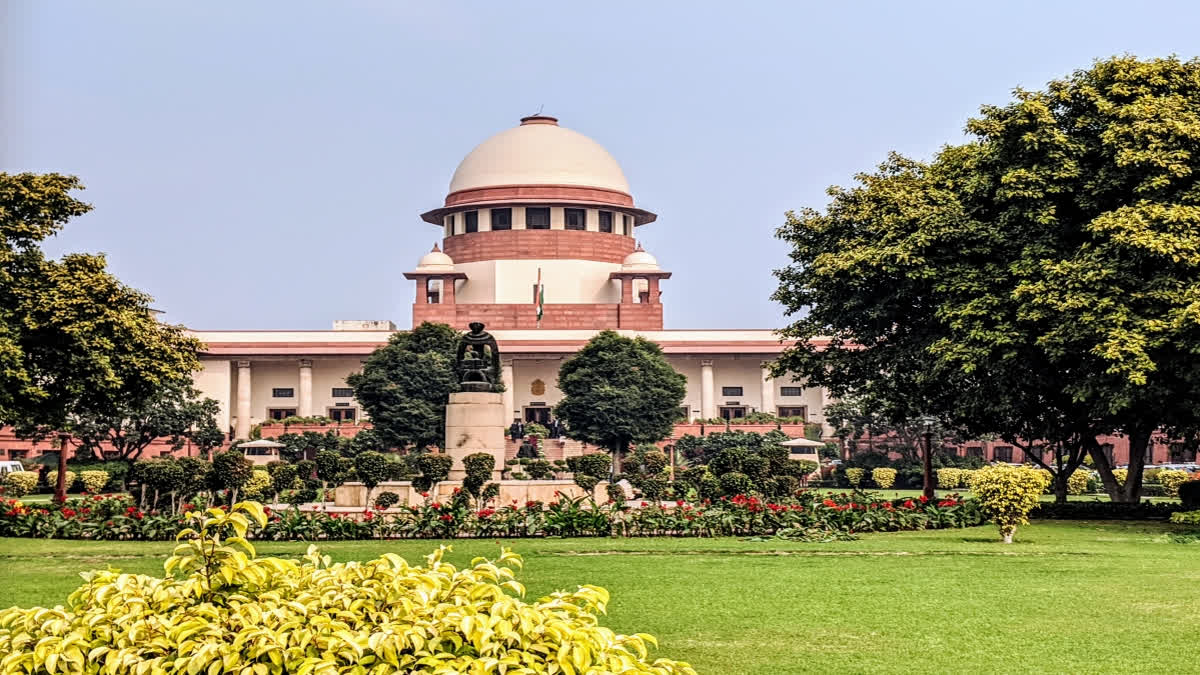New Delhi: The Supreme Court on Tuesday stayed the trial against Sameer Sharad Kulkarni, one of the accused in the 2008 Malegaon bomb blast case.
A bench comprising Justices A S Bopanna and Sanjay Kumar noted that the National Investigation Agency (NIA) had not obtained requisite sanction in 2011, from the then central government before filing the chargesheet.
Kulkarni was represented by advocate Vishnu Shankar Jain before the top court. He moved the apex court after the Bombay High Court denied him relief. The bench has scheduled the matter for further hearing on July 23, 2024.
Sameer Kulkarni, one of the accused in the 2008 Malegaon bomb blast case, challenged the trial in the special NIA court, Mumbai, saying that it lacks the valid sanction granted by the competent authority in accordance with Section 45 of the Unlawful Activities (Prevention) Act (UAPA). Kulkarni contended that his primary case is that the trial cannot proceed in light of there being no valid prior sanction for prosecution of either the state government or the Centre.
His plea contended that some anti-national elements who want to destabilise the government of India and to create an atmosphere of chaos and turmoil, working at the behest of terrorist organisations supported by Pakistan, cause the bomb explosion in the vicinity of the city of Malegaon on September 29, 2008, in which six persons died and hundreds were injured.
“The police of Maharashtra implicated the petitioner and other co-accused in the case even though they were innocent and are committed to uphold the sovereignty and integrity of India…it is not out of place to mention that the petitioner and other have been implicated in the case to establish the theory of so-called saffron terrorism, which was widely propagated in political arena and even the then Home minister (P. Chidambaram) used such phraseology…”, said the plea.
Kulkarni said the NIA filed the chargesheet on May 13, 2016, without obtaining sanction from the Centre as provided under Section 45 (2) of UAPA but the trial is not being conducted by a court established by Centre under Section 11 NIA Act, and he was being tried by the court established by the state government under Section 22 of NIA Act.
"In absence of sanction to prosecute, accorded by competent authority under UAPA, the petitioner cannot be tried for the charges levelled against him…”, said the plea.



